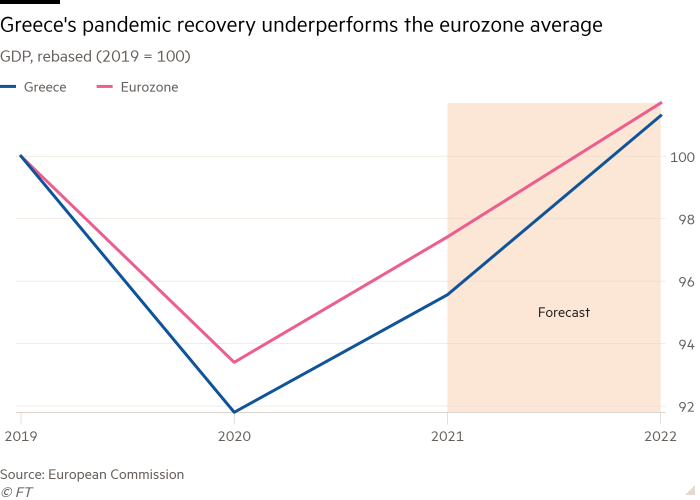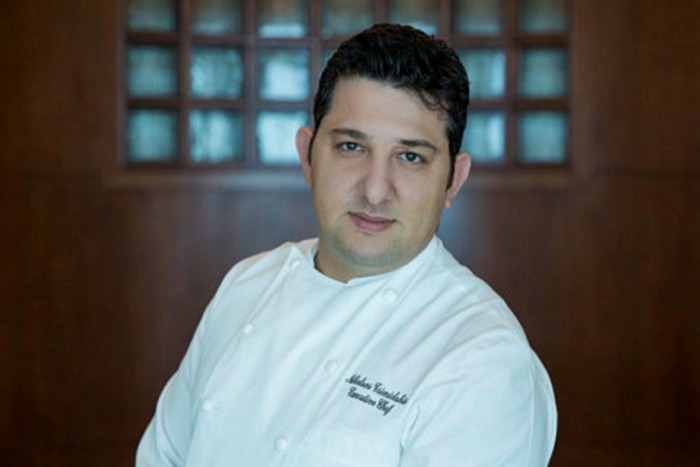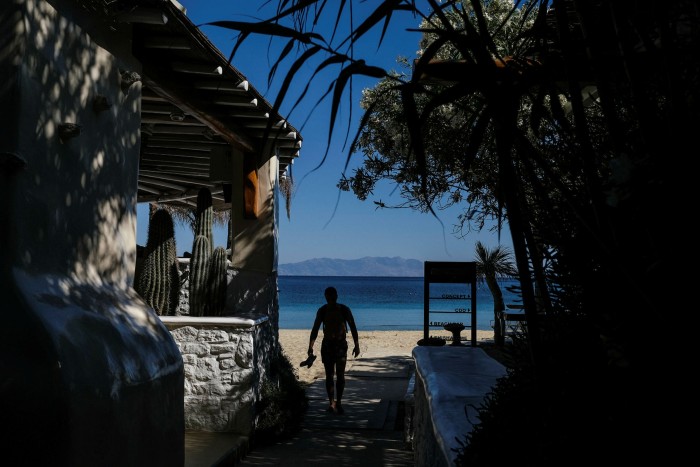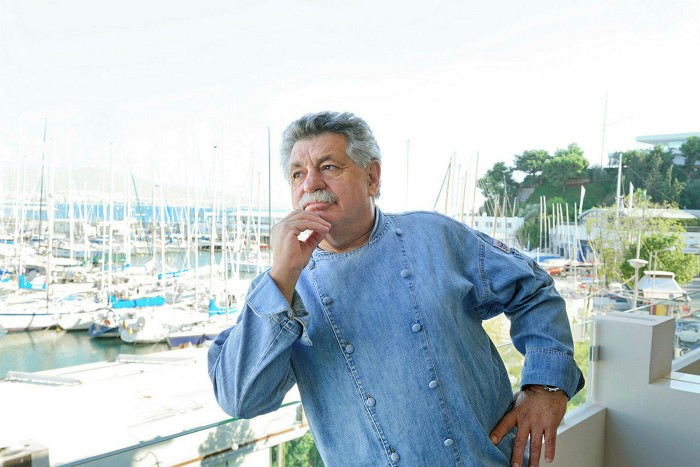After a decade working abroad, chef Nikolas Tsimidakis returned home last year from Dubai hoping that Greece’s eventual recovery from the pandemic and a surge of Mediterranean tourism would land him a good job.
Like many others, he was disappointed. As fresh lockdowns delayed Greece’s reopening and the start of the tourist season, Tsimidakis struggled to find work that offered security and a decent wage. Reluctantly, he decided to return to the Gulf after finding a well-paid job in Abu Dhabi.
“I had two [job] offers [in Greece] . . . But no one could tell me when the hotel would open or for how long,” Tsimidakis said.
Decisions like his explain why Greece is now suffering labour shortages in tourism. The sector typically accounts for a fifth of economic output, but is struggling to prepare for the vital summer season as potential candidates for restaurant and bar jobs are deterred by the risk of renewed Covid-19 restrictions shutting businesses down.
The problem threatens to exert a serious drag on the country’s recovery from the pandemic, given tourism’s central importance to the economy. “It’s the first time we are facing such a shortage in the industry,” said George Kavathas, president of Greece’s federation of restaurants and related professions.
Many other countries, such as Germany, have also found it difficult to recruit bar and restaurant staff as the pandemic eased. The difference with Greece is the sector’s relative size and economic weight.
It typically employs more than 432,000 people, or 10 per cent of the national workforce, proportionately almost twice as much as Spain. So any problems can have macroeconomic implications.
HSBC has forecast the return of tourism as a whole would boost Greek growth by two percentage points this year, after accounting for fully two-thirds of last year’s drop of more than 8 per cent in gross domestic product.
Christos Staikouras, the finance minister, has meanwhile forecast that tourism receipts would reach €8bn in 2021 — less than half 2019’s €18bn take but double last year’s mid-pandemic slump when industry revenues collapsed to €4bn.
But economists now warn that the labour shortage, despite Greece’s 16.5 per cent unemployment rate, the EU’s highest, could hold back economic growth and dent those economic and revenue projections.
“The main sectors creating jobs . . . such as tourism, retail and entertainment are being hit with uncertainty,” said Nikos Vettas, general director of IOBE, an economic think-tank. “It’s unclear how fast they will go back to the pre-Covid levels.”
Hercules Zisimopoulos, a bar, hotel and restaurant owner who also heads a local tourism industry group on the party island Mykonos, blamed the repeated cycle of lockdowns and easing of restrictions for discouraging workers from taking up the jobs again.
“The constant opening and closing of restaurants and bars during the previous year has created great uncertainty, and employees fear that we might be forced to shut again,” he said. “That’s why they are looking for other types of jobs,” such as delivery drivers.
Compounding the problem is an oversupply of mediocre cafés, bars and restaurants that do not offer attractive employment prospects. After the financial crisis, the hospitality sector served as a buffer for many who lacked a job or were low skilled.
As much as 92 per cent of all new businesses that opened between 2010 and 2020 were in the food and beverage sector, Kavathas has calculated, leading to a long-brewing crisis of oversupply that came to a head during the pandemic.
“People think it’s an easy profession, that anyone can open a café, but this is not true,” said Kavathas. “The oversupply . . . hurts everyone as quality drops and limited profits are shared among more . . . What we see now is the tip of the iceberg.”
Some restaurateurs say government policies to mitigate Covid-19’s economic impact have worsened the problem. Subsidies paid to employees whose restaurants and bars closed are still on offer as indoor dining has not yet been allowed to resume.

Many workers now prefer to live off their €534 a month state stipend, rather than work in a restaurant where salaries start at about €850 a month, restaurateurs say. The subsidy scheme has cost the government almost €1bn since the pandemic began.
“Many have become complacent because of the benefits they are getting, and they are not looking for a job,” said restaurant and bar owner Nektarios Nikolopoulos, who is based in Athens and the island of Serifos.
Others see the staff shortage as a symptom of broader problems in Greek labour markets.
The country’s decade-long economic crisis led to lower wages that have not yet recovered, youth unemployment that is among Europe’s highest, and the emigration of many skilled workers — such as chef Tsimidakis.
The staff shortages are “a sign of dysfunctionality in the labour market”, said Vettas, who blamed “too many regulations” for making employment in Greece “inflexible”.
Meanwhile, even Greece’s most famous venues are worried.
Lefteris Lazarou, a Michelin-starred chef, said this summer season was the first in 35 years in which his renowned restaurant Varoulko — on the seafront of Piraeus, on the outskirts of Athens — had struggled to fill all its 76 staff positions, which are usually taken in a flash.
“Every year, my in-box was so full with résumés of people wanting to work here that I wasn’t able to go through them,” he said. “Now, I don’t have a single one.”




